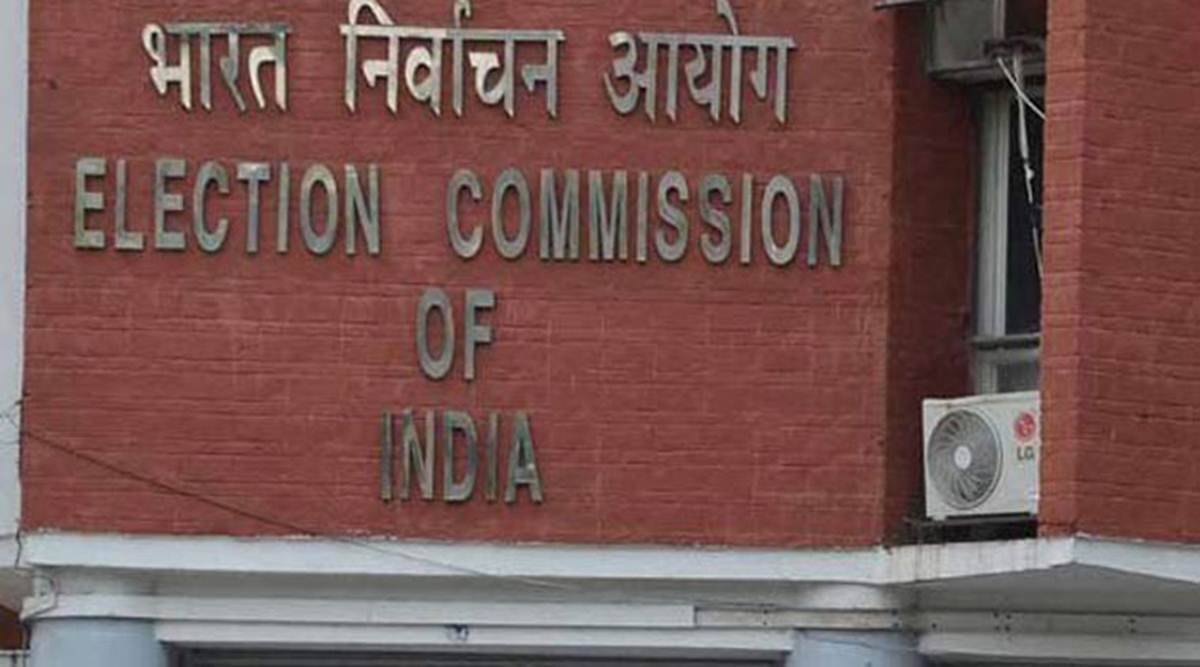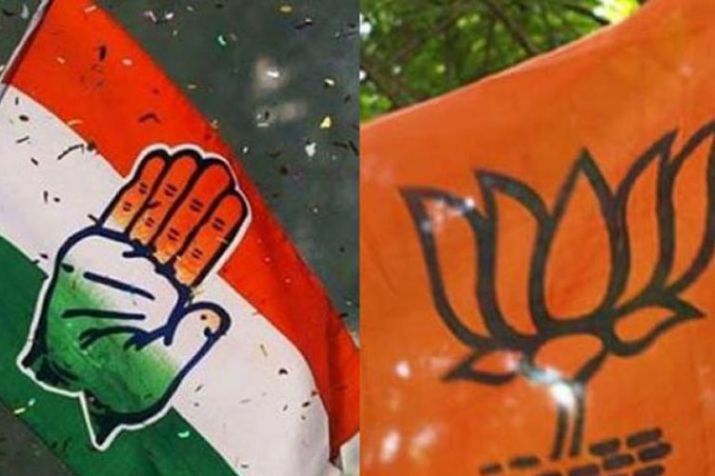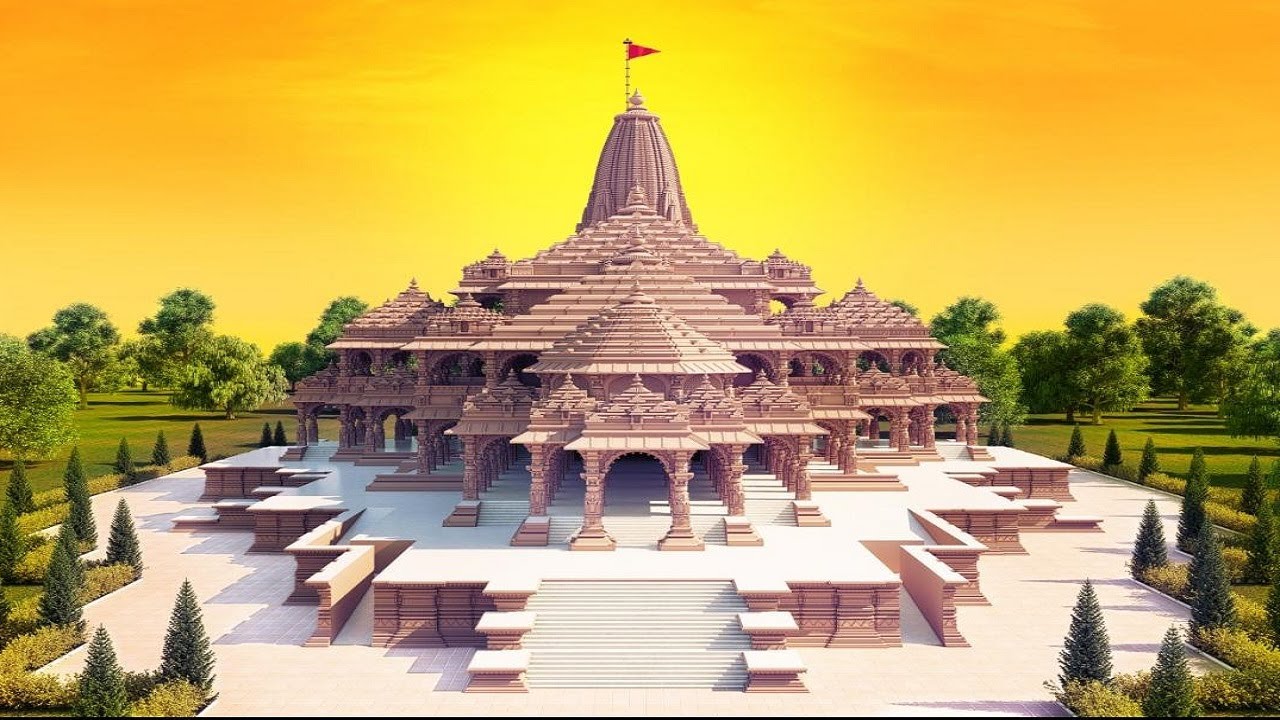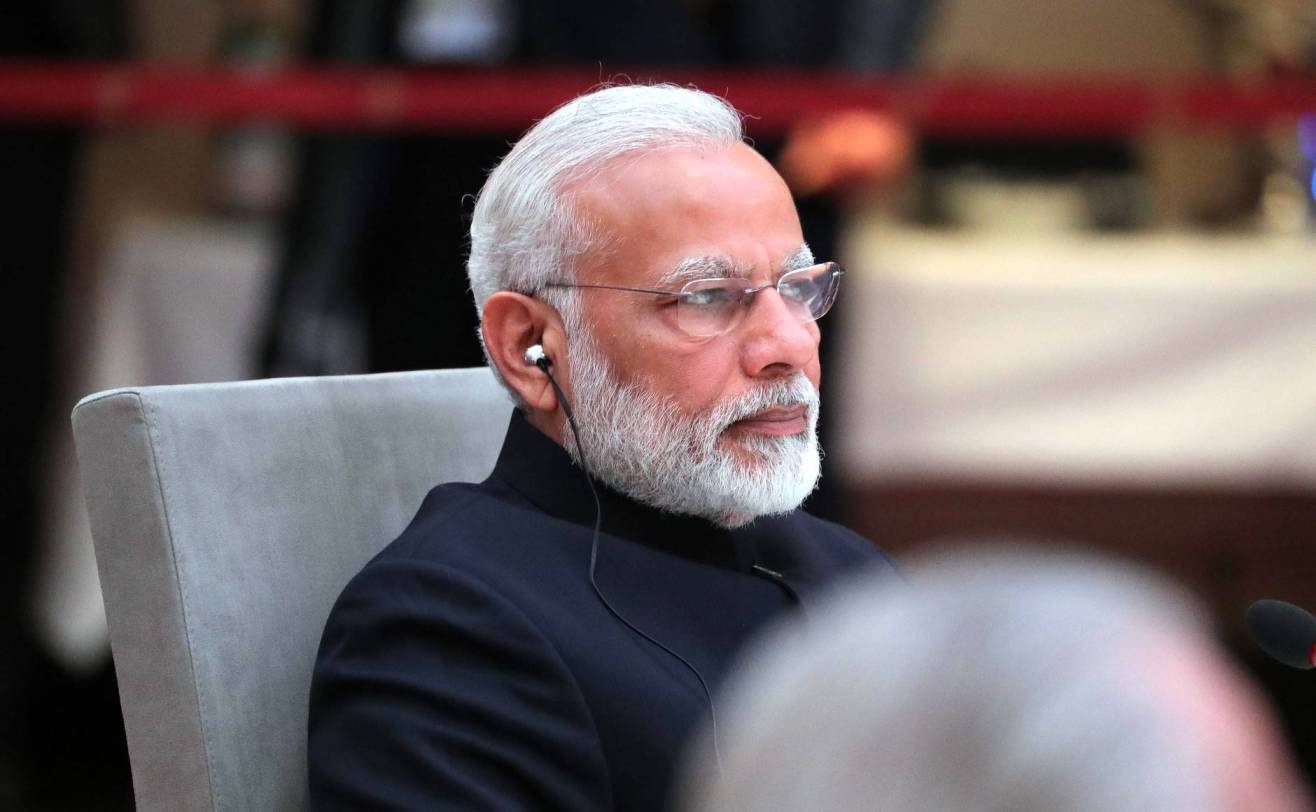The political upheaval in Bangladesh, marked by the ouster of Prime Minister Sheikh Hasina and the rise of radical elements, has created a security nightmare for India. This turmoil threatens to destabilize the region and has far-reaching implications for India's security, particularly in the eastern corridor. With Pakistan's instability and China's increasing influence, the situation is becoming increasingly complex.
The Bangladesh Crisis
The recent political crisis in Bangladesh began with massive protests over a jobs quota, which escalated into violent unrest, leading to the resignation of Prime Minister Sheikh Hasina. Nobel laureate Muhammad Yunus has been appointed as the head of the interim government, but the rapid reshuffling of military leadership and the release of BNP chairperson Khaleda Zia from house arrest indicate a volatile political landscape. Reports of ethnic violence, particularly targeting Hindus, have surfaced, raising concerns about the rise of radical groups like the Jammat-e-Islami, which has ties to extremist ideologies.
The takeover of radical elements in Bangladesh, particularly the Jammat-e-Islami, poses a significant threat to regional stability. Jammat, with its ideological ties to the Deobandi and Taliban movements, has a history of promoting extremist views. Their ascendance in Bangladesh provides Pakistan's Inter-Services Intelligence (ISI) with a strategic tool to influence the eastern corridor of India. This development is alarming for Indian security agencies, as it increases the likelihood of cross-border terrorism and infiltration by radical elements.
The rise of Jammat in Bangladesh has led to concerns about ethnic cleansing and human rights violations, particularly against the Hindu minority. Jammat's ideological alignment with extremist groups like the Taliban raises fears of targeted violence against minorities. Such actions not only destabilize Bangladesh but also have a spillover effect on India, potentially leading to communal tensions and violence in border areas.
Pakistan and China's Strategic Maneuvers
Pakistan, facing economic collapse, is increasingly dependent on China for financial and military support. China, with its deep pockets, is poised to manipulate Pakistan to further its strategic interests against India. The China-Pakistan Economic Corridor (CPEC) and other infrastructure projects have deepened Pakistan's reliance on China, giving Beijing significant leverage. This relationship enables China to use Pakistan as a proxy to destabilize India, especially in the context of the current turmoil in Bangladesh.
India shares a long and porous border with Bangladesh, which has historically been a conduit for illegal migration and smuggling. The current chaos in Bangladesh exacerbates these issues, as radical elements may exploit the porous borders to infiltrate India. The presence of over 30 million illegal Bangladeshi immigrants in India adds to the complexity of managing border security. This influx of illegal immigrants not only strains India's resources but also poses a significant security risk, as it could include radicalized individuals.
Political Instability in India
The political situation in India adds another layer of complexity to the security scenario. Prime Minister Narendra Modi's government is perceived to be at its weakest in a decade, facing numerous domestic challenges. Opposition parties and various social movements have capitalized on this vulnerability, leading to widespread protests and unrest. This internal instability is well-known to radical Islamist groups and China's strategic planners, who may see this as an opportune moment to exploit India's weakened political landscape.
India's approach to security, characterized by diplomatic engagements and strategic posturing, has been criticized as inadequate in the face of these emerging threats. External Affairs Minister Dr. S. Jaishankar's hawkish diplomatic efforts and National Security Advisor Ajit Doval's offensive-defensive policy are viewed by some as insufficient and ineffective, at least on the ground. The current crisis demands a more robust and proactive security strategy, including enhanced border security, intelligence gathering, and counter-terrorism measures.
Geopolitical Dynamics and India's Position
India's foreign policy has increasingly leaned towards the United States, seeking to balance its global strategic interests. However, the U.S. is not an all-weather ally and has its geopolitical priorities. The U.S. pressure on Russia has pushed Moscow closer to China, creating a challenging situation for India, which historically had strong ties with Russia. This geopolitical realignment in Asia leaves India in a precarious position, sandwiched between two major powers and facing threats from multiple fronts.
The need to modernize India's military and paramilitary forces to address these security challenges requires substantial investment. This increased defense spending could strain India's economic growth, which is already facing headwinds from global economic uncertainties. Balancing the need for economic development with the imperative of ensuring national security presents a significant policy challenge for the Indian government.
The recent coups and political instability in South Asian countries post-COVID-19 highlight a worrying trend. External forces have successfully instigated political upheaval in several countries, and India must be vigilant against similar attempts within its borders. The farmers' agitation, student protests, and caste-based movements in India indicate underlying social tensions that external actors could exploit to destabilize the government.
The turmoil in Bangladesh, marked by the rise of radical elements and political instability, poses a significant security threat to India. The interplay of regional dynamics involving Pakistan, China, and the broader geopolitical landscape adds to the situation's complexity. India must adopt a multi-faceted approach to address these challenges, including strengthening border security, enhancing intelligence capabilities, and investing in military modernization. India need to focus on the internal faultlines in Kashmir, western Uttar Pradesh, Nepal border in Bihar, West Bengal, Assam, Few districts in Kerala. Fostering political stability, strengthening military power and addressing domestic social issues are crucial to safeguarding India's national security during these turbulent times.








 OpinionExpress.In
OpinionExpress.In















Comments (1)
Well said. I guess we will now have to deal with one more state where extremism is bringing up its ugly head…